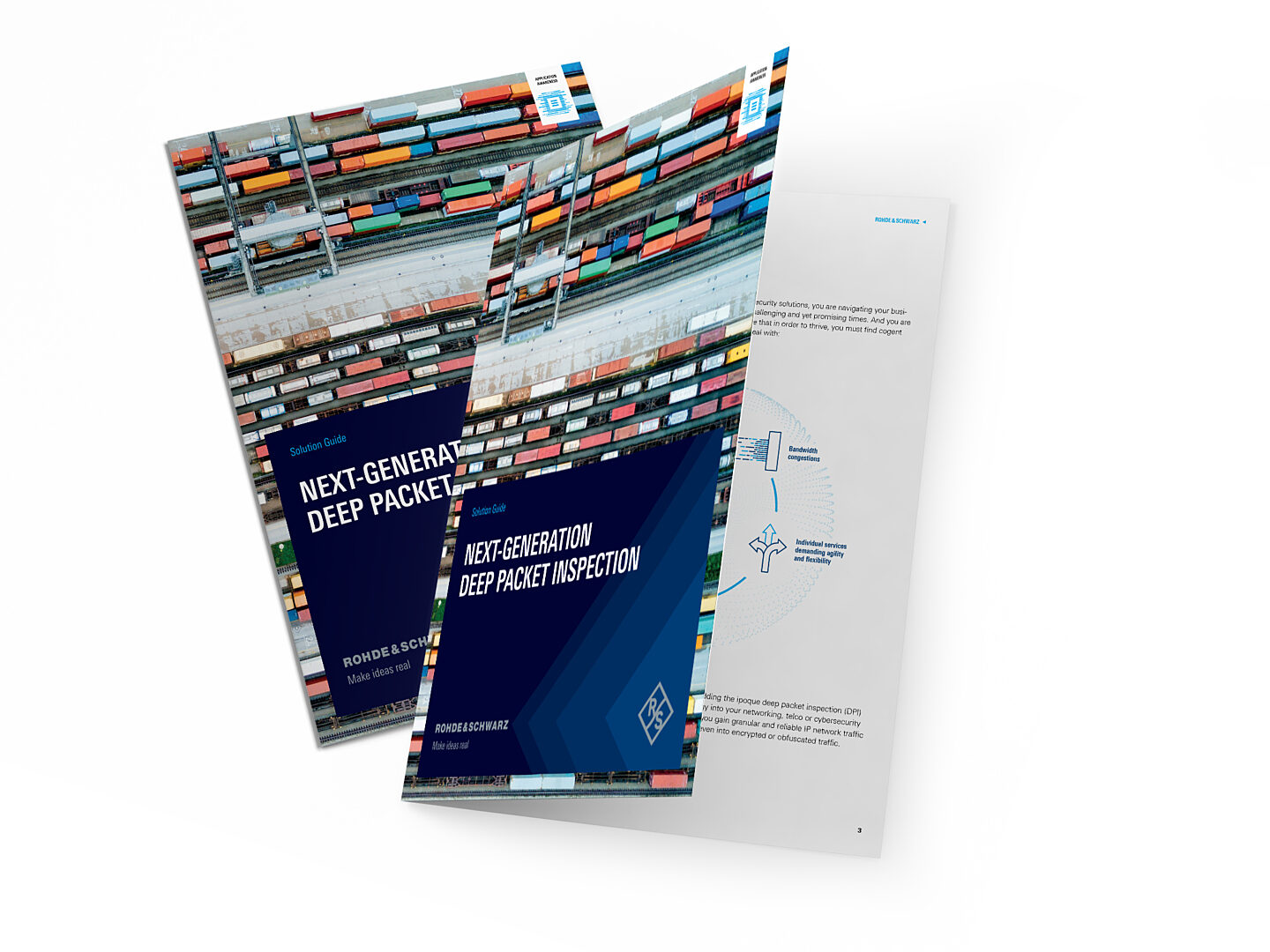With COVID-19 preventing meet-ups, disrupting schedules and getting in the way of face-to-face classes, children and teenagers across the globe have turned to the internet not only to attend online lessons but also to use it as their main form of social interaction.
While interaction over the internet offers some sense of normalcy during these times, excessive levels of unmonitored online activity may result in increased cyberbullying from both peers and strangers, potentially inappropriate contact with adults or adverse health effects.
Online menaces
A recent survey by the European Commission found that 49 % of children across 11 European countries reported that they have been a victim of cyberbullying. 44 % of children stated that cyberbullying has increased since COVID-19 lockdowns were implemented in spring 2020 .
The same research found that 49 % of children have been feeling bothered or upset by something they found online. This comes as no surprise given the great deal of inappropriate content that often makes its way through regular safe search features. This content includes harmful or violent content, age-restricted content such as porn or gambling and discriminatory or hateful content that targets certain groups of people. The Apple and Google app stores, for example, recently took down Parler, an app found to be harboring racist content. The app apparently does not require the user to enter their age or birth date before opening an account.
Legal and security risks
Children are more likely to unknowingly access illegal content such as pirated movies or music. They are easily influenced by recommendations from peers, especially to bypass family restrictions on their favorite content and circumvent spending limits set by their parents.
Children are also more likely to respond to attractive ads and clickbaits that pop up on their screens. In doing so, they can easily fall prey to cyberattackers targeting an application or a website or trying to acquire online credentials such as banking passwords and personal details. As a result, young internet users often divulge confidential information unknowingly. They expose their devices, networks and accounts to malware, spyware or phishing attacks. Consequently, they lose data, privacy and account access, resulting in various financial implications.
Setting up safety gates
Parents should always be vigilant of their childrens' online activities. However, that is easier said than done. The internet is vast and threats and challenges are often hidden in the hundreds of applications children access every day. Fortunately, there is a number of tools that help parents manage these applications. Parental control software on devices of children, for example, can filter out unwanted content and threats. However, while this restricts access for children to risky and harmful websites and content sources effectively, parents have to actively manage the software on a device basis.
Operator-based controls provide a more comprehensive approach to parental controls. Here, rules and configurations are synchronized across all the devices under a subscriber’s plan regardless of the operating system or the applications being accessed. With operator-based controls, parents can do away with recurring bills and payments for every new secured device while managing all family devices on a single platform.
Before it hits the screen
Network-wide controls require insights into network-level traffic. Solutions that identify traffic, such as R&S®PACE 2, deliver great insights. R&S®PACE 2 is an advanced OEM deep packet inspection (DPI) engine that can classify the protocol, application and service type reliably. It can also extract metadata from network traffic. With the granular visibility and real-time insights provided by R&S®PACE 2, operators can offer parental control features, implementing both content filters and usage limits on a device of a child accurately and easily.
R&S®PACE 2 can detect and identify applications in real time, be it email applications, social media platforms, news and media outlets, messaging platforms or age-inappropriate websites. Leveraging this, operators can offer parental control solutions that enable parents to deny access to certain (categories of) websites and applications for their children. Parents can also limit the time spent on these applications to a fixed number of hours a day. Alternatively, they can set a time window (for instance, non-school hours) within which their child can access allowed websites and applications.
A safer world
Additionally, R&S®PACE 2 can detect the service type or the type of content accessed from an application such as text, audio or video. So parents can not only ban certain applications, they can also deny specific functionalities within these applications. For instance, they can enable access to a social media platform but disable the sending or receiving of messages within that platform.
With DPI, operators can reliably detect and block malware, viruses, and Trojan horses before they reach any end device. This technology not only safeguards children from accidentally falling for and exposing their devices and networks to cyberattacks but also protects all other subscribers from becoming potential victims of cybercrime. R&S®PACE 2 leverages cutting-edge classification techniques, including behavioral, statistical and heuristic analysis as well as machine learning and deep learning, to classify encrypted and obfuscated traffic accurately. This prevents cybercriminals from disguising cyberattacks behind the latest encryption protocols, data tunneling or domain fronting, for example.
A boost for operators
With comprehensive parental control measures, operators can guarantee a safe and secure online experience for children and teenagers accessing content through their networks. At the same time, operators ensure compliance with privacy and personal data regulations.
More importantly, with fear of new strains of COVID-19 emerging, most children will rely on their devices and digital interfaces to learn, play and socialize for a longer period than expected. Armed with insights provided by DPI, mobile operators can configure parental controls to consider new types of internet addictions, online frenzies and security threats. This truly adds value to their service plans. These insights not only help deliver a safer experience for customers but also boost revenues and customer loyalty in the long run.









